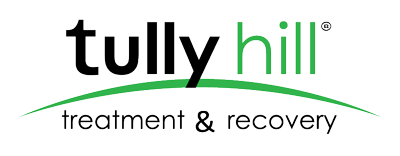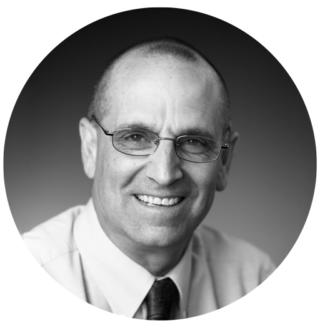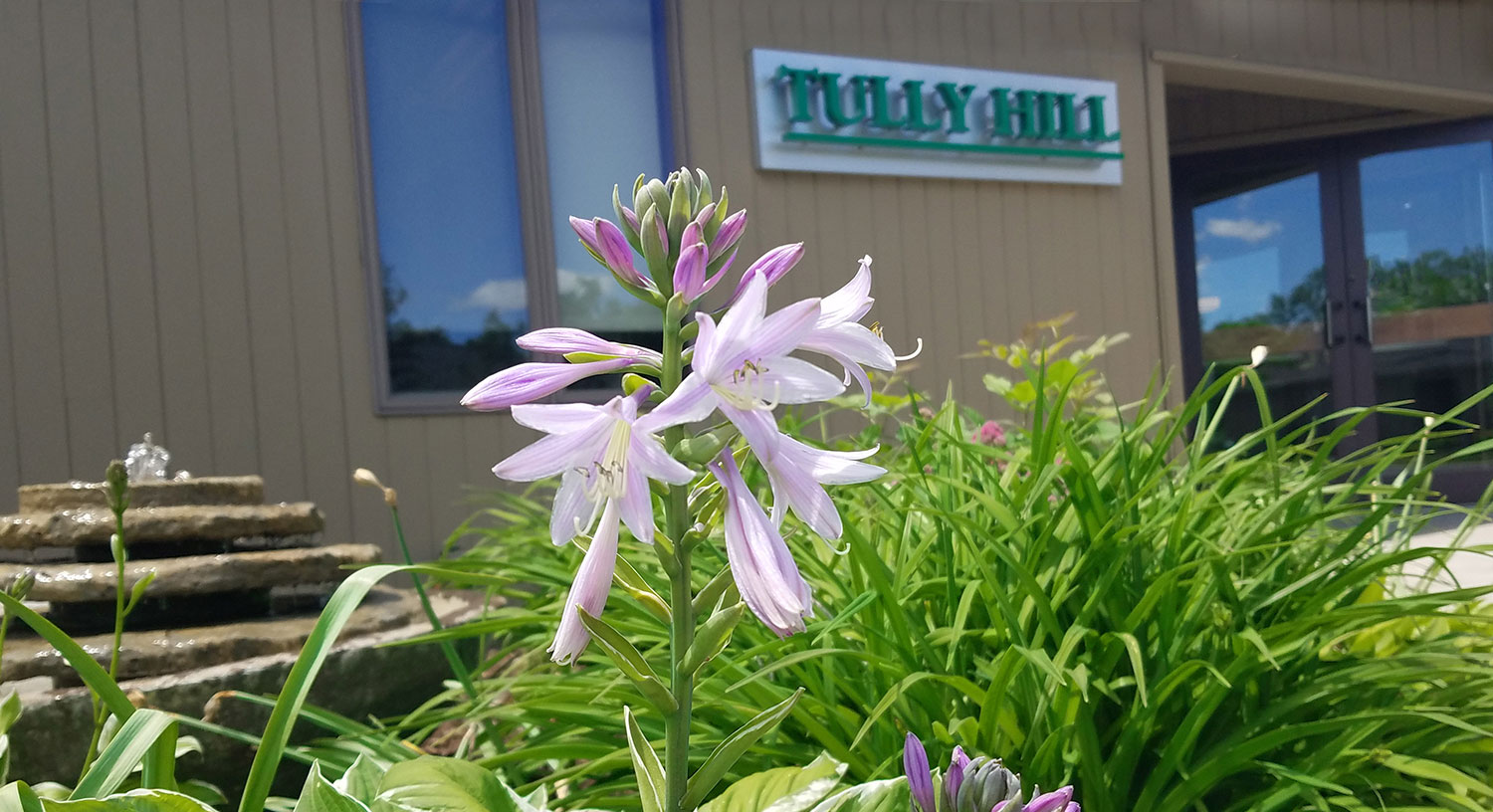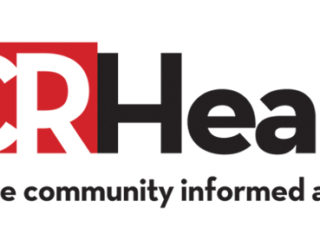Tully Hill receives thousands of calls each year related to a variety of matters related to treatment for substance use disorders (SUDs). We do our best to answer each and every phone call, email, live chat and social media message, whether it is directly related to treatment at Tully Hill or addiction treatment in general. We are not only committed to being a superior treatment facility, but equally as dedicated to acting as an educational resource for inquiries, questions, and concerns about SUD treatment. Here are the 5 most common questions we are asked on a daily basis:
1. How long will I have to stay in treatment?
Inpatient treatment for chemical dependency at Tully Hill depends upon several factors:
❖ The information we obtain from referral sources and our subsequent patient screening
❖ The in-person, on-site evaluation we conduct
❖ The information our family program counselors gather from their family member interviews
❖ The level(s) of care (medically supervised detox / intensive rehabilitation) our admissions team determines is appropriate
❖ Achievement of treatment plan goals
Length of stay in treatment varies, and currently averages between 18 and 21 days (4-5 days average for detox, 14-16 for rehab) at our Center.
2. Do you have any beds available?
Because of the overwhelming demand for treatment – especially medically supervised detox – and the scarcity of resources for it, this is an everyday question from callers to Tully Hill.
The number one influence on bed availability is patient progress transitioning from one level of care (detox) to the next (intensive rehabilitation). Should a patient not change care levels when initially expected and require more treatment and care at their original level, it can alter our scheduling and admission processes. This is happening more frequently; given the majority of patients seeking treatment are polysubstance dependent as well as physically compromised.
We understand well that getting into treatment is a time-sensitive matter for all involved, and do all we can to schedule, evaluate, and admit someone as soon as possible. We are typically able to admit a patient within one week from the time they complete our phone screening.
3. What is your referral process – how does one get into treatment?
The following steps detail referring to Tully Hill:
The easiest and fastest way to refer an individual is simply to go to the Start Admissions page and select the type of referral you would like to make: Self Referral, Family/Friend Referral, Employer Referral, OP Agency/Clinician Referral, Hospital Referral, or Medical Referral. Link below:

Live Chat with us on our website – click on the ‘Chat Now’ or ‘Leave a message’ blue box in each page’s lower right-hand corner.

Call us at 315-696-6114 / 1-800-456-6114 and ask for admissions, our Intake specialists will walk you through our referral process.
4. What kinds of insurance do you take at Tully Hill?
We participate with several providers and their plans, all of them offer some form of substance use disorder treatment benefits.
For more information about insurance, visit our insurance page.
PLEASE NOTE – we do not participate with any government-sponsored plans or products (Medicaid, Medicare) or any of their derivatives for Inpatient treatment.
5. What if I don’t have insurance or a plan you don’t take? Can I still get treatment?
Tully Hill is a private nonprofit that offers a self-pay option. To learn more about the self-pay option, please call admissions and ask for Intake, one of our specialists will review that option with you. Should we be unable to accommodate your need, we will recommend an alternative resource for you, for the level of care we think you need.
Please note that, whereas most if not all of our older blog posts do not have appropriate, non-stigmatizing language – i.e., substance use disorder in place of addiction and/or chemical dependency – all subsequent posts do and will retain language that avoids propagating negative stereotypes and biases through the use of slang and idioms.
Likewise, we have pledged to follow the guidelines set forth by the Office of National Drug Control Policy and that are conceptually and in general endorsed by the American Society of Addiction Medicine (ASA), the federal Substance Abuse and Mental Health Services Administration (SAMHSA), and other federal and state entities governing and regulating substance use disorder. We will therefore now use person-first language that respects the worth and dignity of all people; that focuses on the medical as well as clinical nature of substance use disorders and treatment; and that promotes the recovery process.












